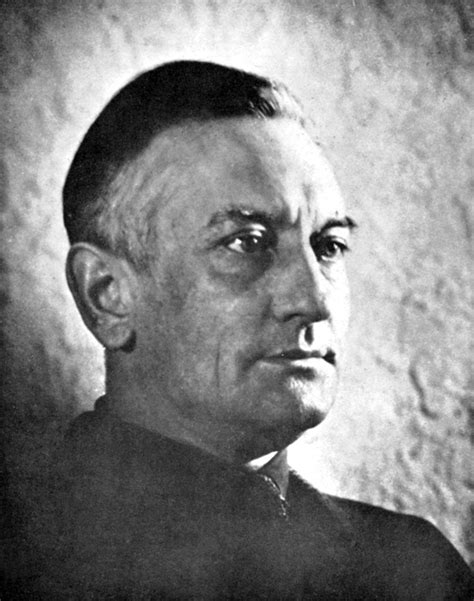A Quote by Northrop Frye
The Book of Revelation, difficult as it may be for "literalists," becomes much simpler when we read it typologically, as a mosiac of allusions to Old Testament prophecy.
Quote Topics
Related Quotes
Once we truly grasp the message of the New Testament, it is impossible to read the Old Testament again without seeing Christ on every page, in every story, foreshadowed or anticipated in every event and narrative. The Bible must be read as a whole, beginning with Genesis and ending with Revelation, letting promise and fulfillment guide or expectations for what we will find there.
The value of the Old Testament may be dependant on what seems its imperfection. It may repel one use in order that we may be forced to use it in another way-to find the Word in it...to re-live, while we read, the whole Jewish experience of God's gradual and graded self-revelation, to feel the very contentions between the Word and the human material through which it works.
It's not as if the New Testament writers came along and said, "The culmination of Old Testament books is more books, New Testament books." In some ways they thought instead of the culmination of Old Testament books being Christ himself, the word incarnate as the opening verses of Hebrews 1 put it. In the past God spoke to the fathers by the prophets, but in these last days he has spoken to us by his son and the son is revelation.
The two greatest works of war mythology in the west ... are the Iliad and the Old Testament... When we turn from the Iliad and Athens to Jerusalem and the Old Testament we find a single-minded single deity with his sympathies forever on one side. And the enemy, accordingly, no matter who it may be, is handled... pretty much as though he were subhuman: not a "Thou" but an "It."
The folly of Interpreters has been, to foretell times and things by this Prophecy, as if God designed to make them Prophets. By this rashness they have not only exposed themselves, but brought the Prophecy also into contempt.
The design of God was much otherwise. He gave this and the Prophecies of the Old Testament, not to gratify mens curiosities by enabling them to foreknow things, but that after they were fulfilled they might be interpreted by the event, and his own Providence, not the Interpreters, be then manifested thereby to the world.
The New Testament writers I think conceive of their inspired Scripture writings as flushing out, bringing to articulation, expounding and so on the climactic revelation in the son, but this in self-conscious fulfillment of the promises and covenants that were already made to God's chosen people in Old Testament times.


































